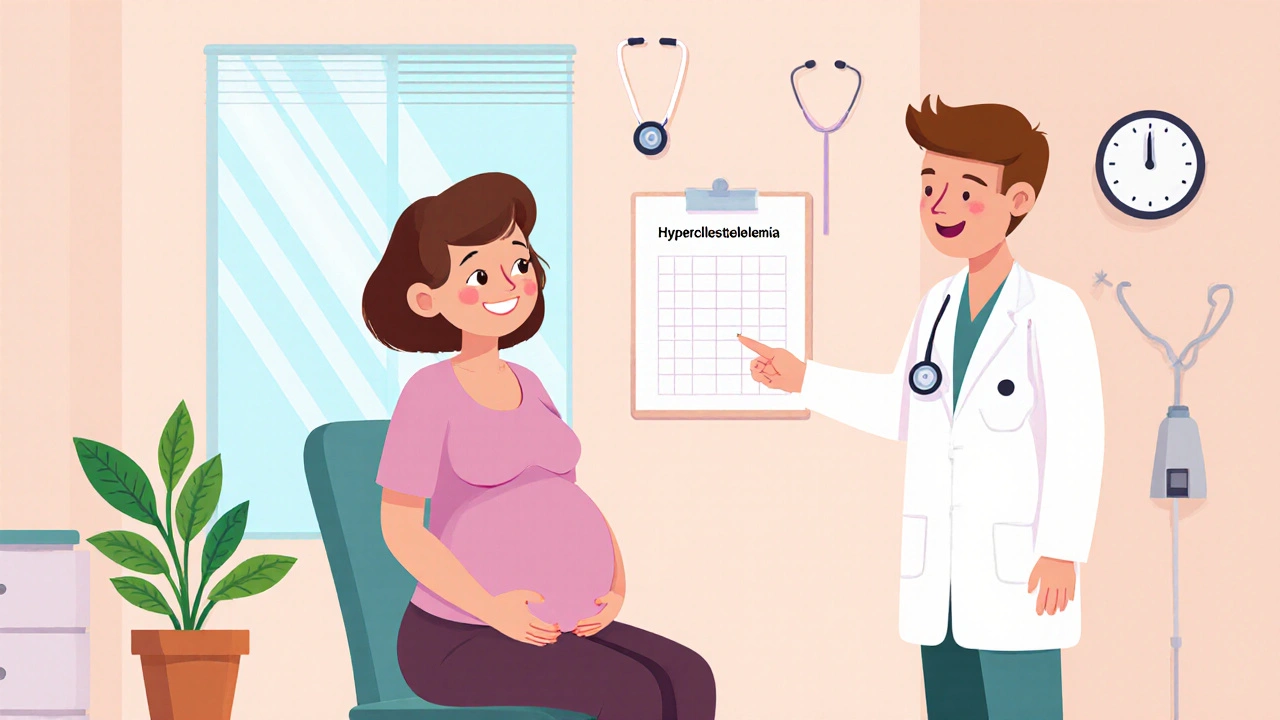Pregnancy: What to Take, What to Skip, and How to Buy Medicines Safely
If you’re pregnant or trying to get pregnant, the first rule is simple: check with your healthcare provider before starting or stopping any medicine or supplement. That matters more than price or internet reviews. Your doctor or midwife knows your medical history and can recommend safe options for your exact stage of pregnancy.
Medicines to double-check with your provider
Some drugs are fine in pregnancy, others can cause trouble. For example, folic acid (400–800 mcg daily) before conception and during early pregnancy reduces the chance of neural tube defects. Iron and prenatal vitamins with DHA are common, but doses should match your blood tests. Avoid isotretinoin (a vitamin A derivative), certain acne meds, and many retinoids—those are clearly unsafe.
Be cautious with antibiotics: many are safe, like penicillins and cephalosporins, but tetracyclines and some fluoroquinolones are usually avoided. Pain relief? Paracetamol (acetaminophen) is commonly recommended, but use the lowest effective dose and talk to your provider about persistent pain. NSAIDs (ibuprofen, naproxen) are generally avoided in later pregnancy because they can affect the baby’s circulation.
If you’ve had fertility treatment or need hormone support, ask about options like progesterone or hCG injections. Articles on our site explain Fertigyn HP and progesterone in simple terms—use those as background, then discuss specifics with your clinic.
Supplements and herbal products — be skeptical
Herbal supplements like tribulus terrestris, star anise, or other 'natural' remedies often lack reliable safety data in pregnancy. Don’t assume 'natural' means safe. If a supplement isn’t on your provider’s short list, skip it. Even popular over-the-counter products can contain ingredients that aren’t tested in pregnancy.
For urinary symptoms, OTC urinary analgesics can ease pain but won’t replace antibiotics when an infection needs treatment. If you suspect a UTI, get tested and treated—untreated infections can cause complications in pregnancy.
Buying online? Use extra caution. Only order prescription medicines from licensed pharmacies that require a valid prescription and show clear contact details. Avoid sites that sell prescription drugs without asking for a prescription, offer impossibly cheap prices, or lack a physical address. Check packaging, expiry dates, and consult your provider if anything looks off.
Practical checklist: get a preconception visit, start folic acid, review all current meds with your clinician, avoid risky prescription and herbal products, and only use trusted online pharmacies that require prescriptions. If you experience vaginal bleeding, severe abdominal pain, fever, or reduced fetal movement, contact your healthcare provider or emergency services immediately.
Pregnancy brings many choices about medicines and supplements. Ask direct questions, keep a list of everything you take, and use reliable online resources—like our Fertigyn HP and progesterone guides—to prepare for conversations with your care team.


